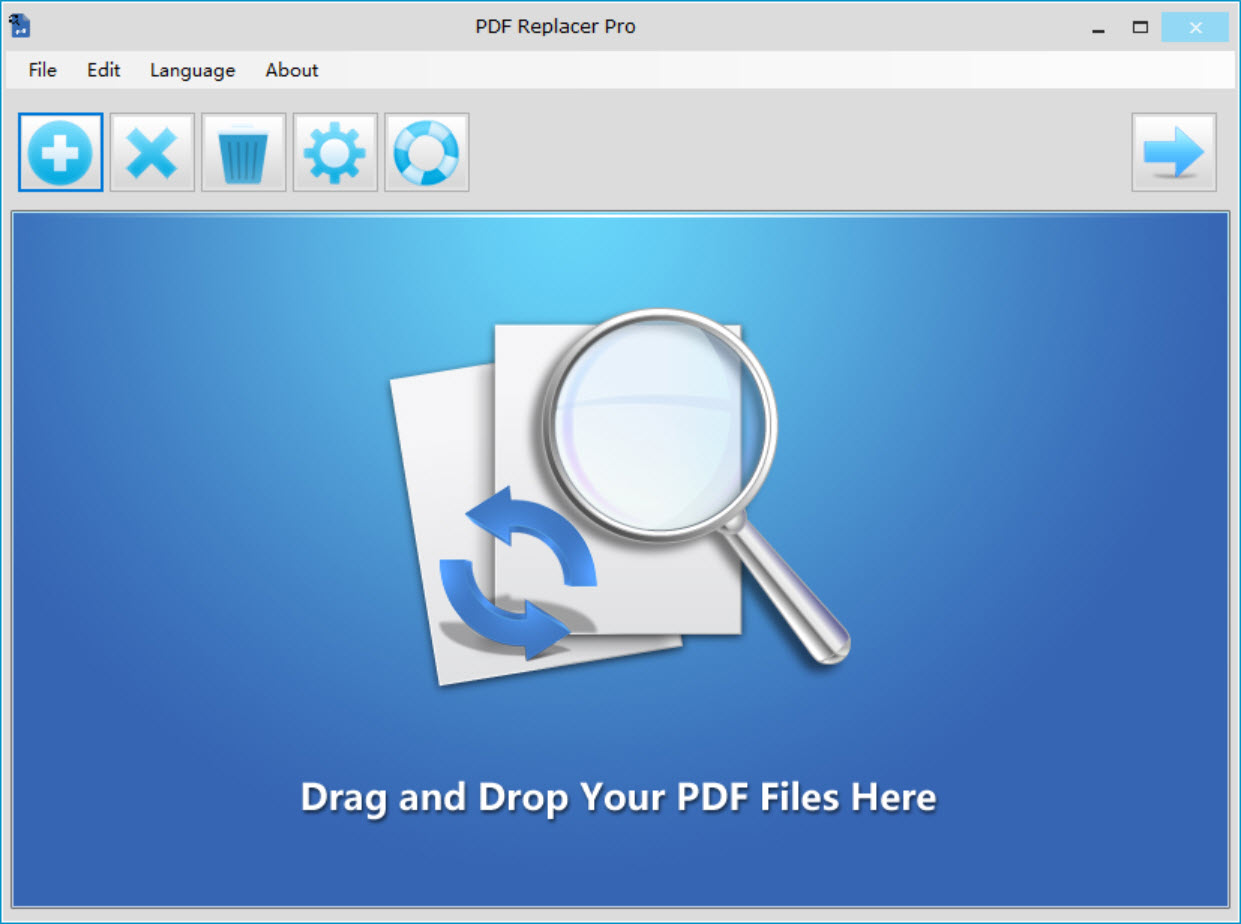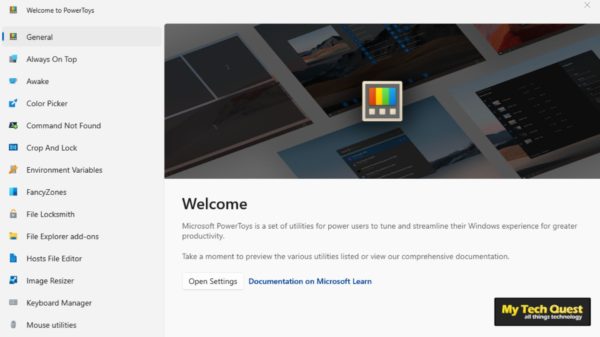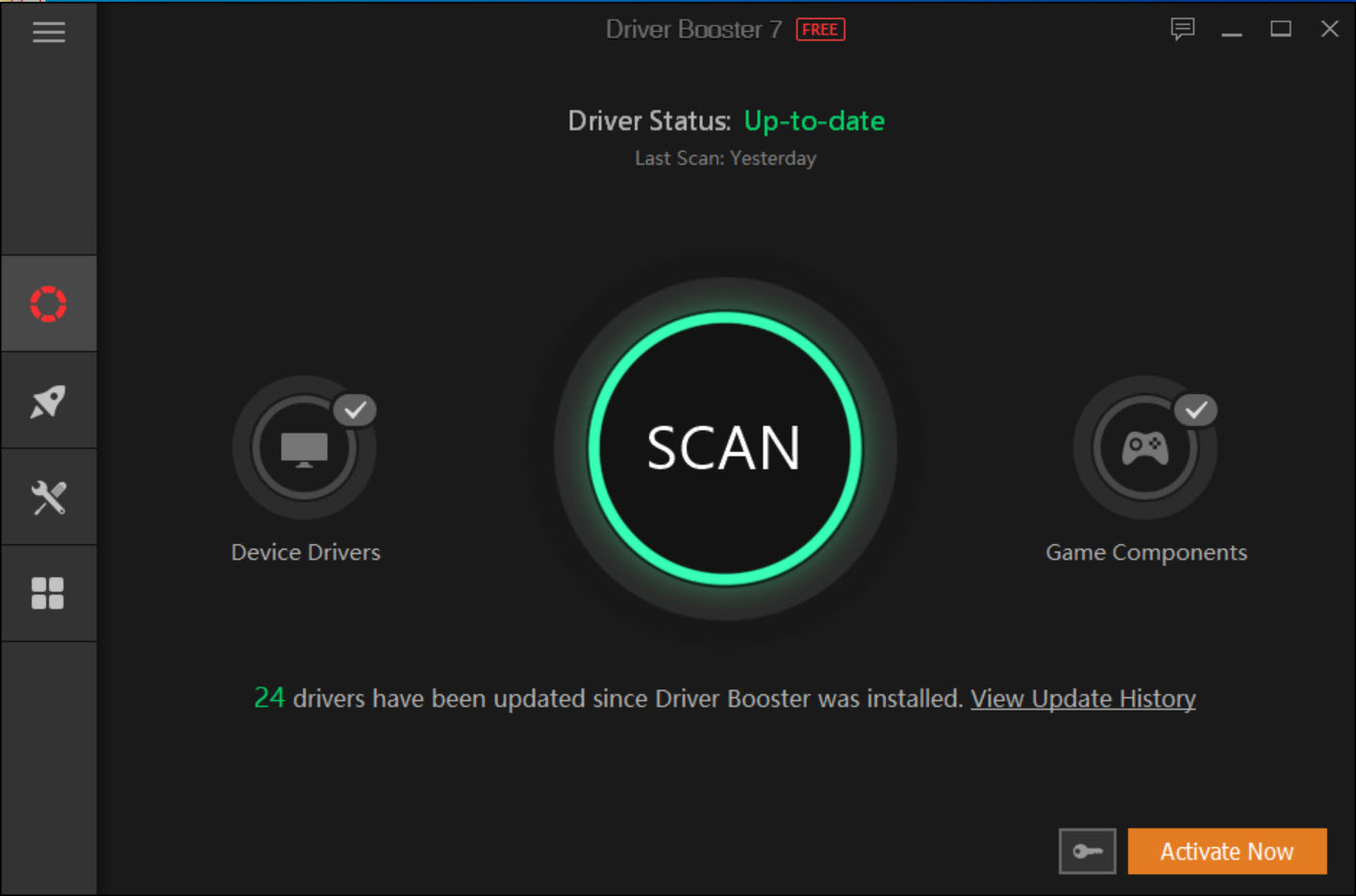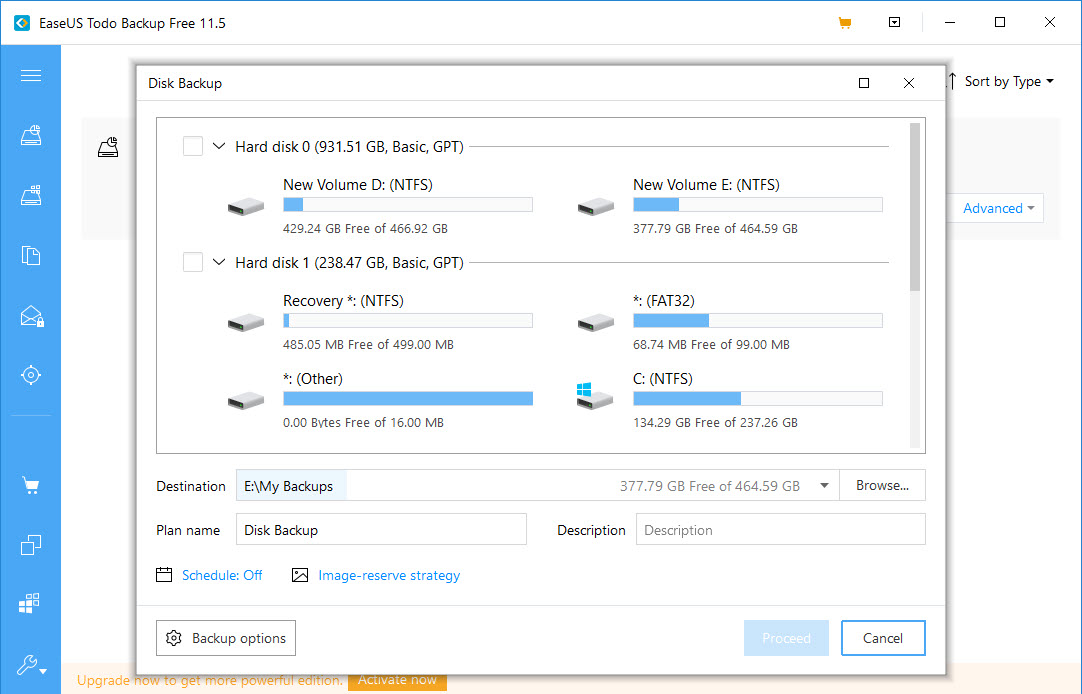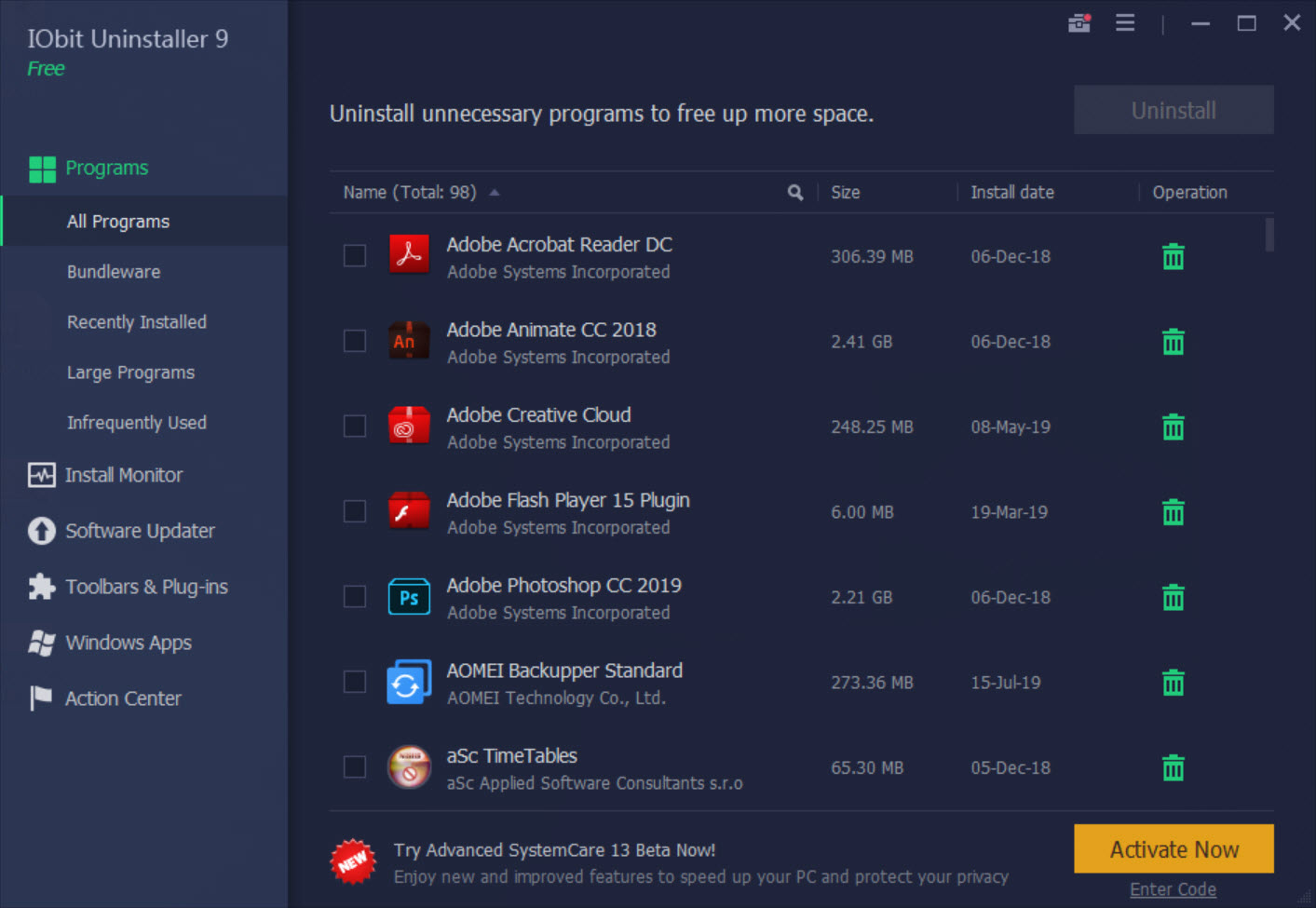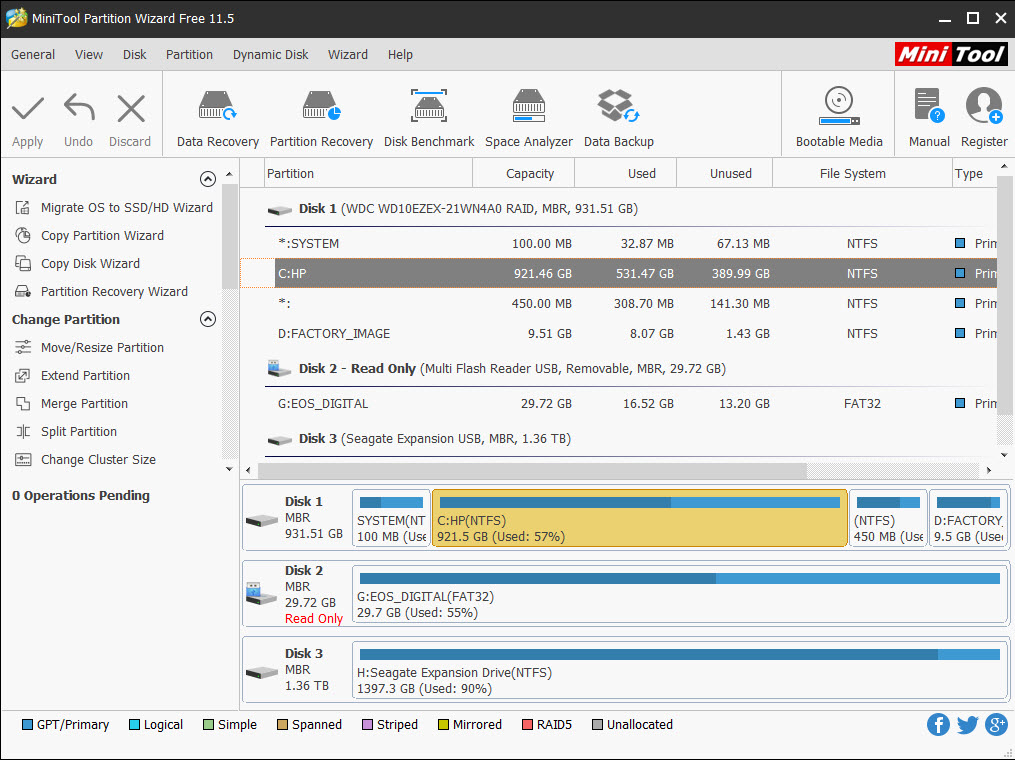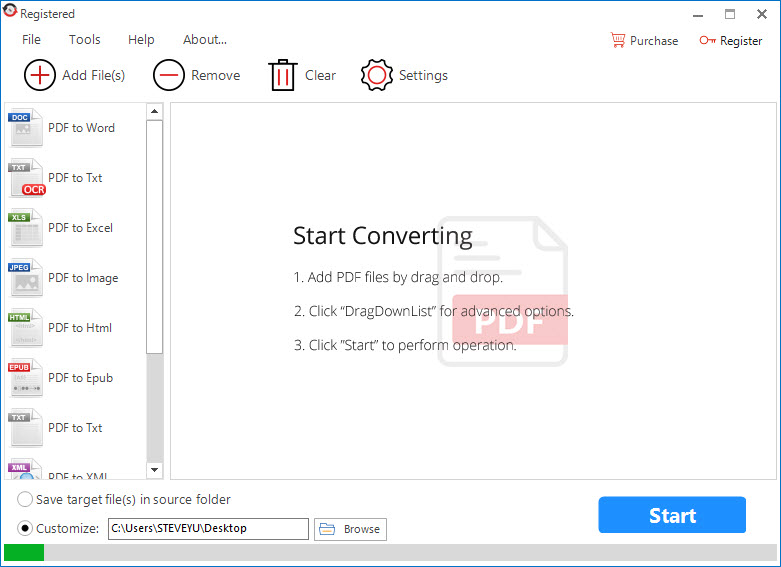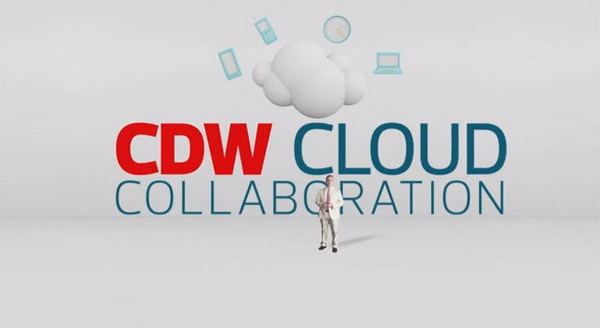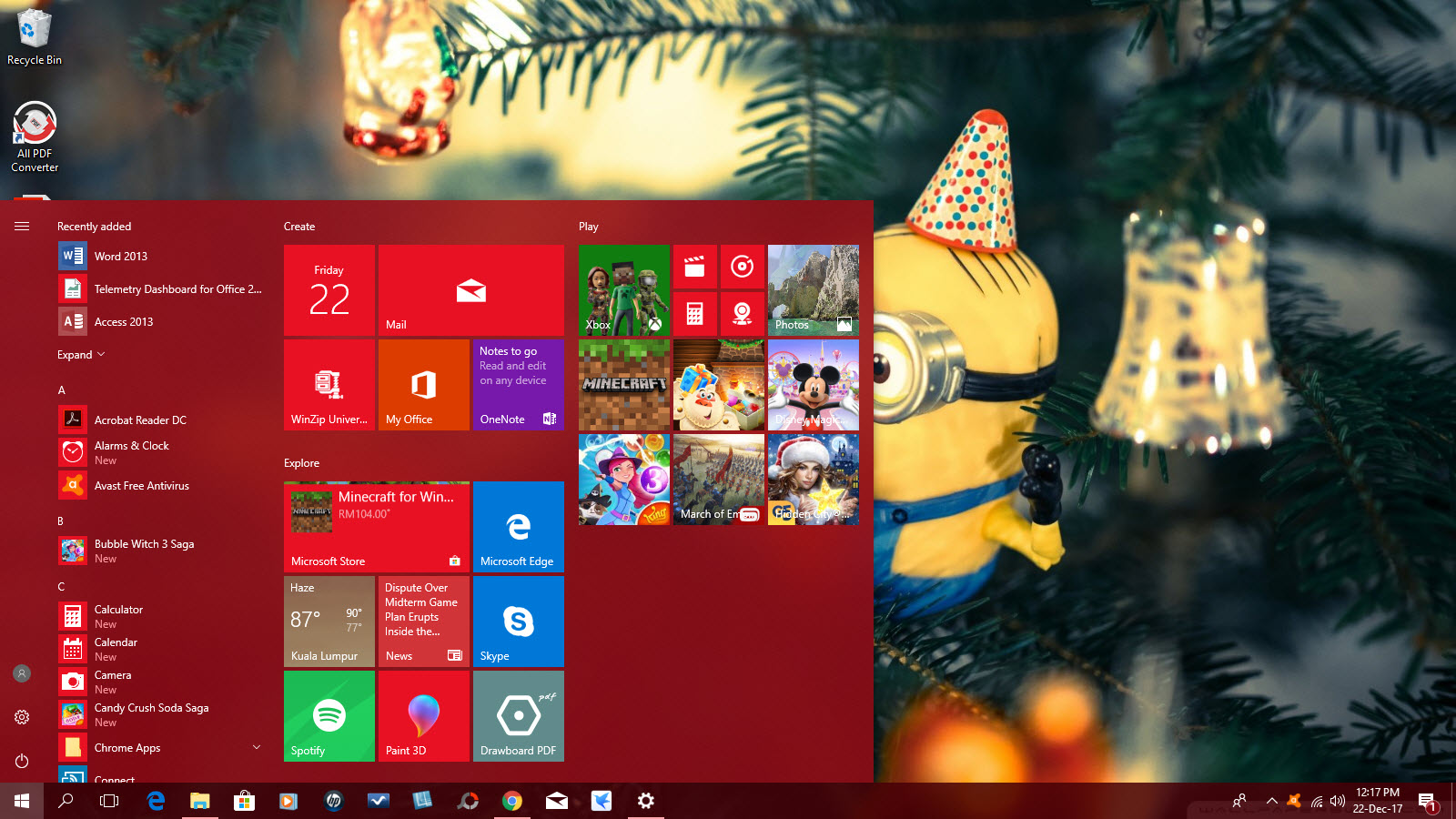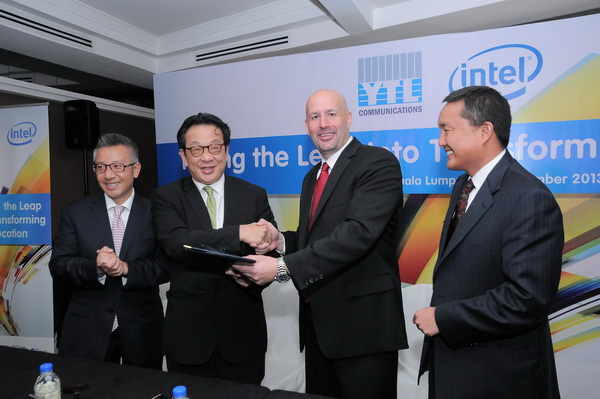This is a guest post by Rosette Summers. If you would like to contribute too, please leave us a message via the contact us page.
On January 18th 2012, the internet was a very different place for 24 hours. Wikipedia would no longer grant access to its articles, while social sites such as Reddit prevented users from sharing their creations. Google, the world’s most popular search engine, also joined in the fight by turning its homepage into a digital protest against SOPA, the Stop Online Piracy Act proposed in the US. But what motivated this multi-billion-dollar company to take sides with grass-roots activists?
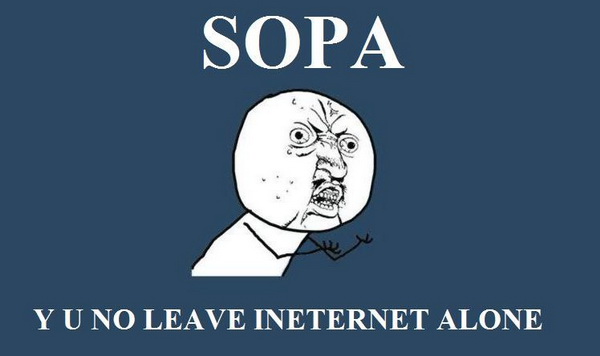
(Image Credit : ~David-Irastra )
SOPA and its sister bill, the Protect IP Act (PIPA), are being heralded by the entertainment industry and supporters in the American political classes as the best way to stop illegal file sharing and copyright infringement online. Many believe that the decline in the music and movie industries over the past decade and a half can be directly linked to the increase in people sharing pirated material online for free, which they perceive as effectively amounting to theft.
However, Google’s complaint lies not with the concept of preventing this kind of theft, but with the deeper issue of online censorship, which SOPA critics claim that the act essentially authorises. At the moment, democracies such as the US and many European nations are dedicated to net neutrality, which ensures that people have their right to freedom of speed online. SOPA and PIPA would give authorities the ability to shut down access to sites deemed to be in breach of legislation, which protesters fear would lead to increased censorship and an end to this vitally neutral stance.
Google’s homepage contained a link on January 18th, which led to an explanation of its reasons for opposing SOPA and PIPA and highlighted the changes that might result from their enactment. Tens of millions of phone calls, emails and letters were also passed on to US politicians involved in supporting these acts during this period, indicating the widespread distrust of the legislation.
Of course, there were some companies that were willing to weigh in on the other side of the argument and criticise Google itself. News Corp. boss Rupert Murdoch claimed that the search giant was actually at the root of the contemporary piracy problems in a tirade of messages posted on social-networking site Twitter. Given that Murdoch’s various companies have been reportedly damaged by piracy, it is perhaps unsurprising that he took this stance.
The dissenters who came out against SOPA and PIPA were not advocates of piracy, they claimed, but supporters of free speech. Most were concerned that the acts could be employed to take down content that was simply satirical and entirely legal, essentially turning the internet into a political tool that those in power could manipulate to their advantage. Broadband only deals with the world in the way that the individual user chooses, but this legislation is seen as putting a choke chain around the web.
In the weeks since Google and its peers took their protest online, other interesting events have added to the debate. The total clampdown on file-sharing service MegaUpload and the arrest of its eccentric creator Kim Dotcom have hit the headlines, suggesting that authorities already have the power to kill off sites that they see as a threat. Twitter has also become embroiled in its own censorship row, which could see it blocking tweets in certain countries to avoid incurring the wrath of their governments. In the future, broadband only deals could present users with a view of a much-changed internet, but the protests and counter-arguments look set to continue.
About the Author:
Rosette Summers is a Freelance and Staff writer who writes informative & creative articles on Technology for various technology company. Her expertise are in writing articles related to internet providers, DSL Internet Providers , Social media etc.







